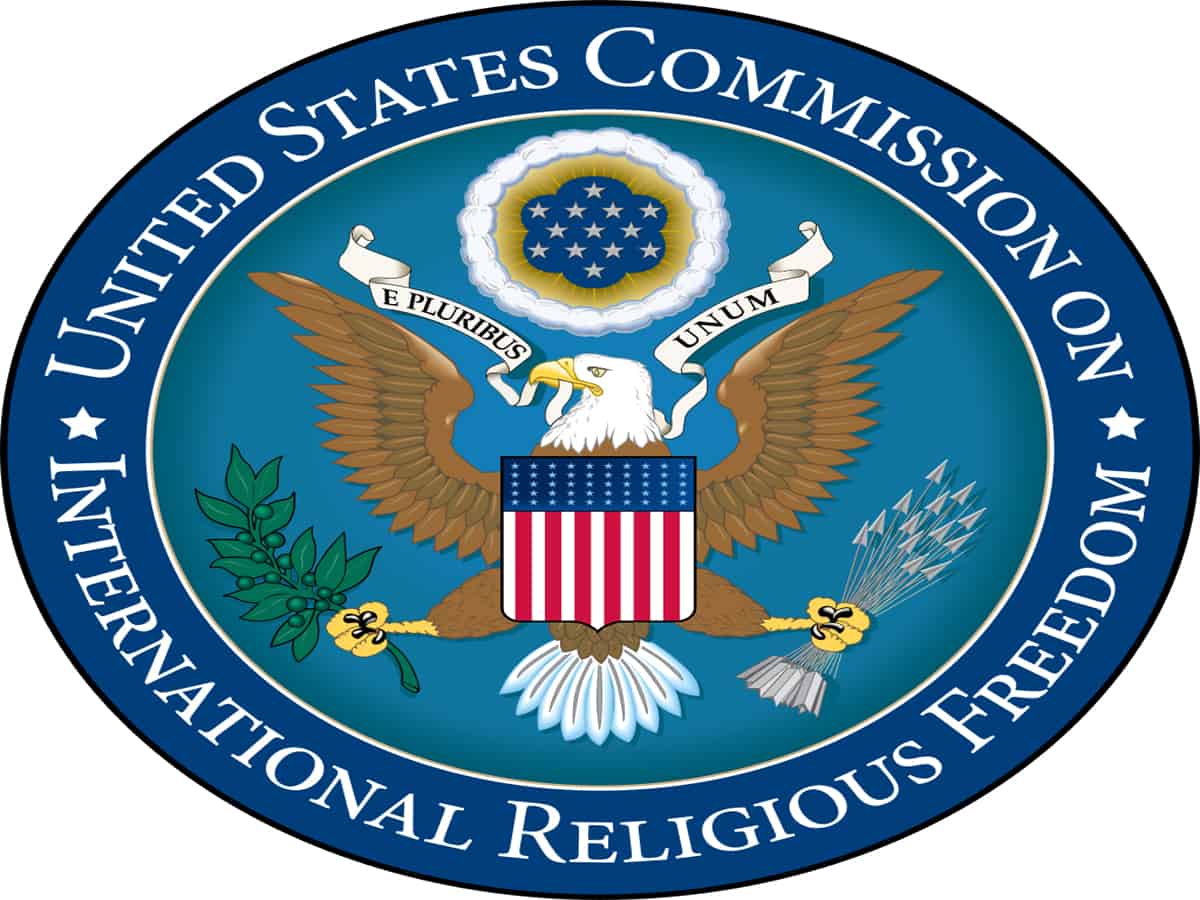
The U.S. Commission on International Religious Freedom (USCIRF) has expressed concern over the Central Government’s notification of rules to implement the Citizenship (Amendment) Act (CAA), stating that no one should be denied citizenship based on religion or belief.
The CAA, which was passed in December 2019, provides a fast track to citizenship for non-Muslim migrants from Pakistan, Bangladesh, and Afghanistan who arrived in India before December 31, 2014.
USCIRF Commissioner Stephen Schneck highlighted that the CAA establishes a religious requirement for asylum seekers in India, excluding Muslims from the Act.
He emphasized that if the law were truly aimed at protecting persecuted religious minorities, it would include Rohingya Muslims from Burma, Ahmadiyya Muslims from Pakistan, or Hazara Shi’a from Afghanistan, among others.
India has defended the CAA, asserting that it addresses the issue of statelessness and supports human rights.
External Affairs Ministry spokesperson Radhir Jaiswal stated that the CAA is an internal matter of India, and India has previously dismissed USCIRF’s locus standi to comment on India’s human rights record.
Protests against the CAA erupted in several parts of the country after its passage, with the government instituting a violent crackdown against the protestors.
Critics argue that the CAA is part of an effort to create a religious test for Indian citizenship and could lead to the widespread disenfranchisement of Indian Muslims.
The CAA rules were issued on March 11, 2024, paving the way for the Modi Government to start granting Indian nationality to persecuted non-Muslim migrants from Bangladesh, Pakistan, and Afghanistan.
However, the CAA has been met with widespread criticism, including from human rights organizations like Amnesty International, which calls for the immediate repeal of the law due to its exclusionary and discriminatory structure.

